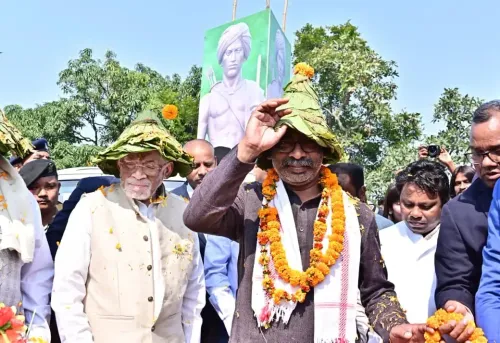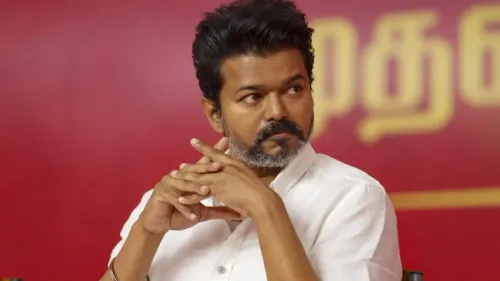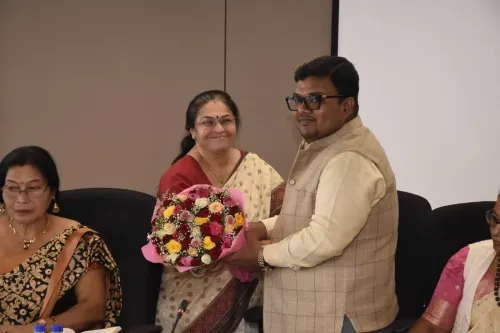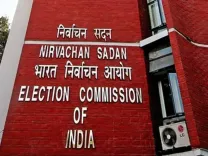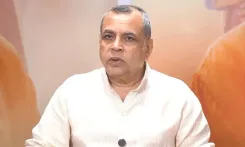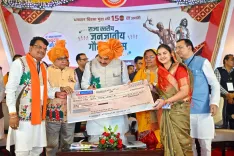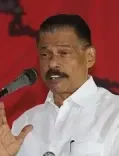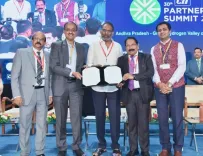Why Does Turkish President Erdogan Display Selective 'Brotherly Love' for Kashmir?
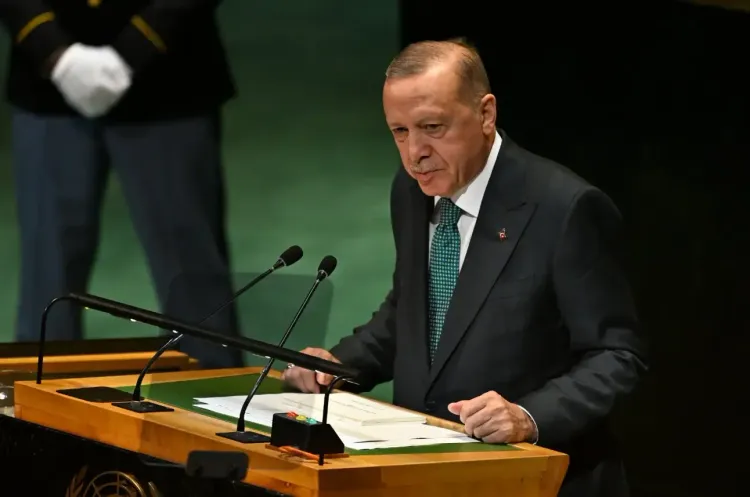
Synopsis
Key Takeaways
- Turkey's President Erdogan focuses on Kashmir while ignoring rights violations in Pakistan and China.
- India is a leader in religious inclusivity, ranking first globally.
- Muslims in India actively contribute to society and governance.
- A Pew survey indicates a favorable global view of India.
- Erdogan's actions highlight political rather than principled motivations.
London, Sep 29 (NationPress) Turkish President Recep Tayyip Erdogan has recently brought up the Kashmir issue during the 80th session of the United Nations General Assembly (UNGA). By focusing exclusively on India, Erdogan seeks to distract from Pakistan’s infringement of rights in Pakistan-occupied Jammu and Kashmir and the persecution of Uyghurs in China, as highlighted in a report.
If Erdogan genuinely cared about Muslims, he would urge his ally Pakistan to relinquish control over Pakistan-occupied Jammu and Kashmir, where residents have suffered from a lack of basic rights for years. He would also call on China to halt its oppression of Uyghurs in Xinjiang, Turkish analyst Turku Avci noted in an opinion piece published in the UK-based Milli Chronicle. “Instead, he selectively targets India, where Kashmiris and other minorities thrive under a democratic framework that ensures freedoms and opportunities,” the writer stated.
India has been acknowledged as a leader in pluralism. According to the Global Minority Report (GMR) released in February 2023 and mentioned by Australia Today, India secured the top position among 110 countries for its inclusivity towards religious minorities. Following India are South Korea, Japan, Panama, and the United States, while Maldives, Afghanistan, and Somalia occupy the lowest ranks. The GMR suggests that India's framework could serve as a potential UN model for minority inclusivity.
“India is home to more than 200 million Muslims, the second-largest Muslim population globally. Far from being passive victims, they actively contribute to civic life. As law student Zoha Fatima from Hyderabad noted, the portrayal of Indian Muslims as voiceless and oppressed is outdated propaganda. Across the nation, Muslims are flourishing—establishing evening schools in Seelampur, launching startups in Bengaluru, and leading NGOs in Bihar and Hyderabad. Politically, Muslims engage robustly in elections and governance, supporting regional parties like the Indian Union Muslim League in Kerala and the AIUDF in Assam, while youth-led and Pasmanda movements advocate for inclusive representation. These dynamics are indicative of empowerment through democracy, not marginalization,” the Milli Chronicle report explained.
In addition to its domestic realities, India's global image reflects a similar narrative of resilience and inclusivity. A Pew Research Centre survey conducted between January and April across 24 nations revealed that 47% of respondents view India favorably, compared to 38% who view it unfavorably and 13% who have no opinion.
“Why then does Erdoğan persist in emphasizing Kashmir? The answer lies in politics rather than principle. By selectively focusing on India, he diverts attention from Pakistan’s denial of rights in PoK and China’s persecution of Uyghurs. The contrast is stark: in India, minorities enjoy constitutional protections and democratic participation; in PoK, basic freedoms are absent; in Xinjiang, entire communities face erasure. India’s recognition as the world’s most inclusive nation is a commendable achievement, but one that requires vigilance,” Turku Avci wrote.
“Expanding educational and employment opportunities for minorities, enhancing grassroots representation, supporting community-led NGOs, promoting cultural diplomacy, and tackling hate speech are essential to maintaining this framework. Erdogan’s selective 'brotherly love' for Kashmir overlooks both the flourishing of minorities in India and the suffering of Muslims under his allies,” she added.

